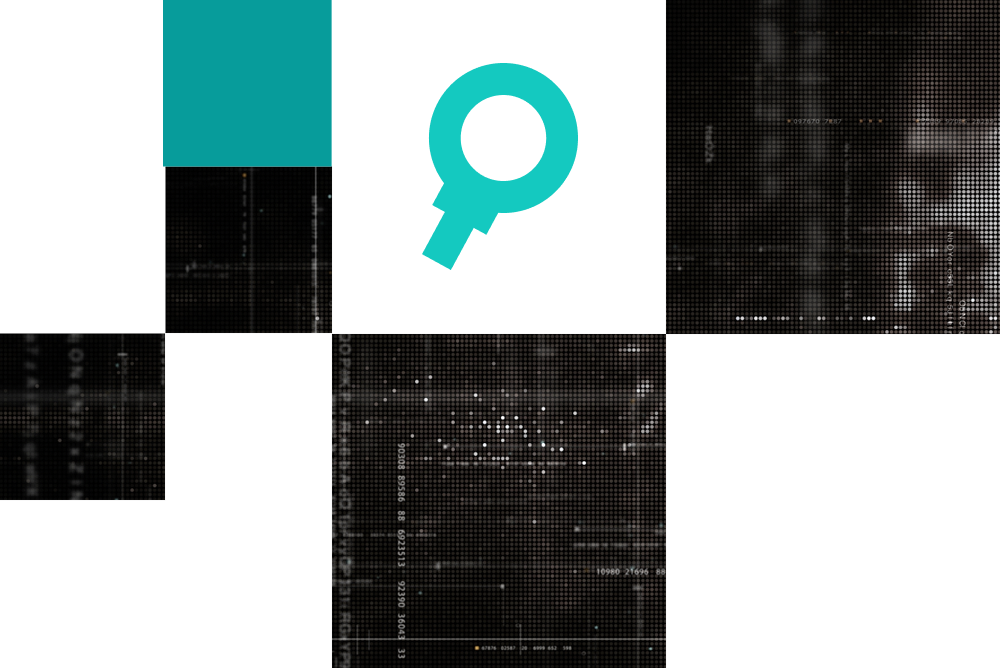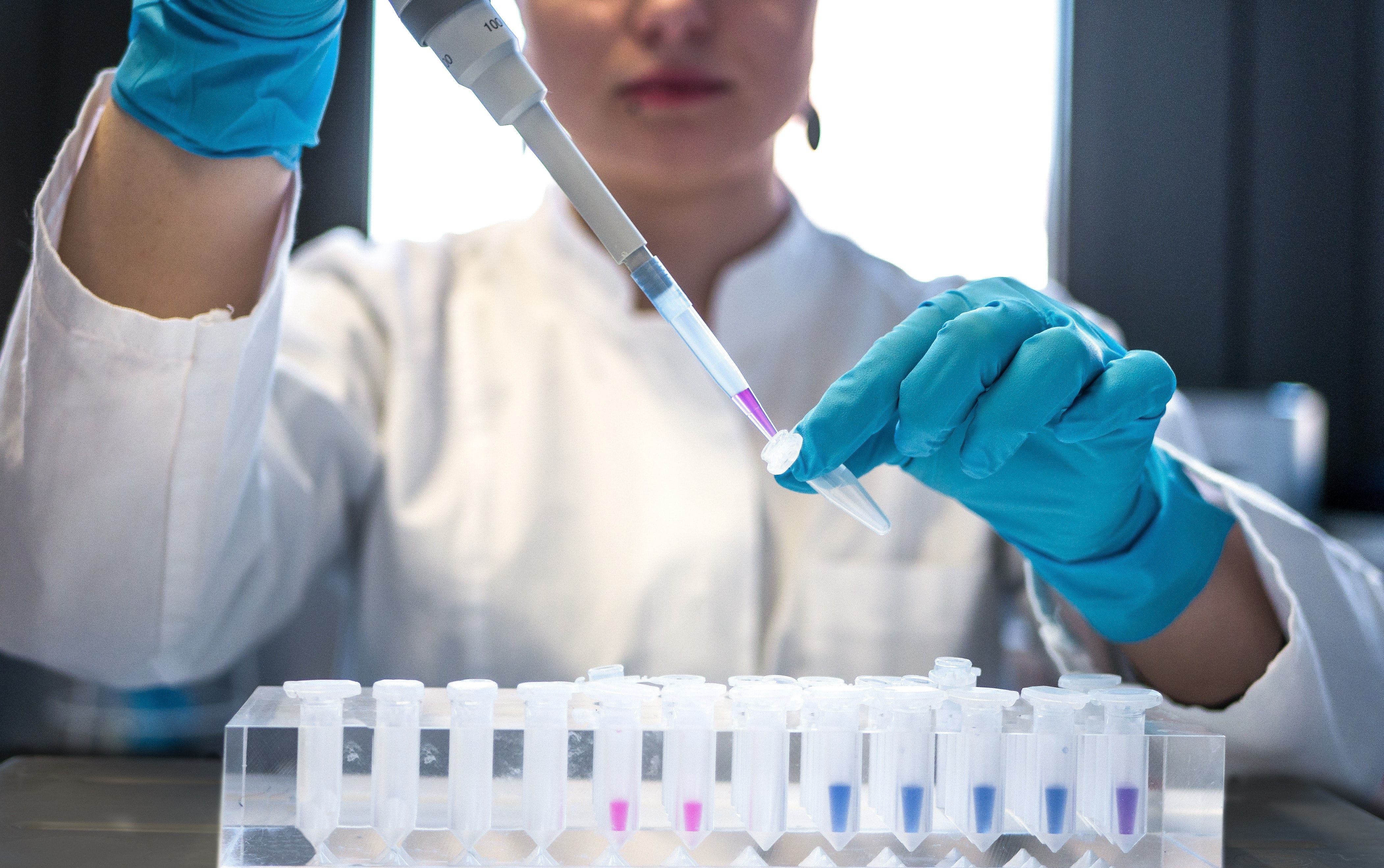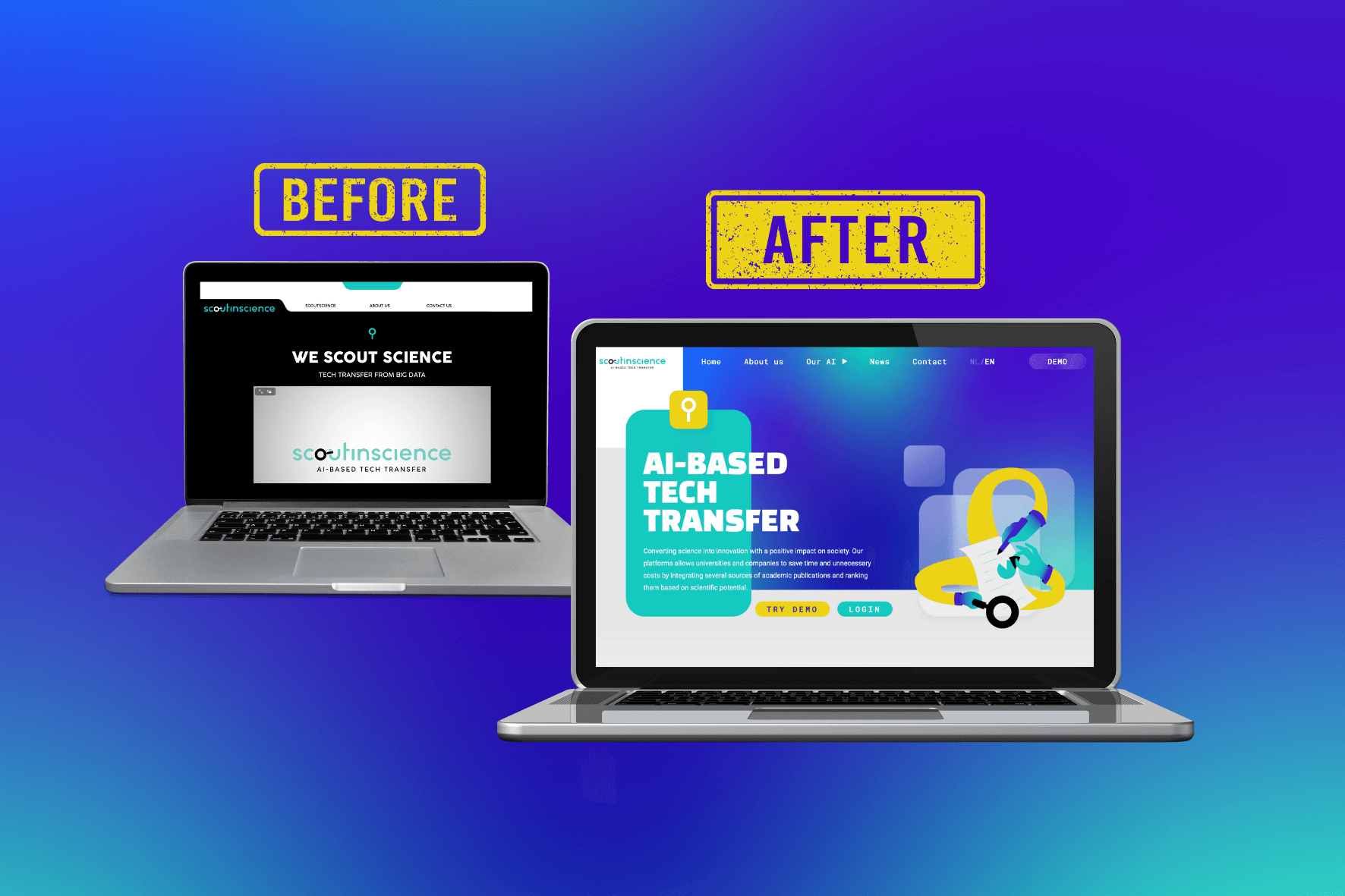Introduction
In this article, we are proud to share the story behind our collaborarion with Techleap, which is a non-profit organisation, funded by the Ministry of Economic Affairs and Climate Policy, with a mission to quantify and accelerate the tech ecosystem of the Netherlands. Formerly known as StartupDelta, Techleap has evolved into a data-driven, founder-centric initiative that bridges the gap between entrepreneurs, investors, corporates, and policymakers. By gathering and analysing ecosystem data, Techleap provides strategic insights that help identify growth barriers and opportunities for tech companies. This information is used not only to guide its programming but also to inform national policy aimed at enhancing the Dutch innovation climate. Through carefully designed scale-up programmes and partnerships, Techleap fosters an environment where ambitious companies can flourish, reducing obstacles such as access to capital, talent, and international markets. Its overarching mission is to create the optimal conditions under which the Netherlands can become one of the leading tech nations in the world.
The mission behind the project
The mission of the project between ScoutinScience and Techleap was to build a national, data-driven framework for identifying and unlocking the innovation potential within the Dutch academic research ecosystem. The project aimed to integrate and structure diverse data streams, ranging from scientific publications, patents, and subsidy records to academic spin-offs, into a unified system capable of generating actionable insights.
The ultimate purpose was twofold: first, to help policymakers and ecosystem builders like Techleap understand which institutions and research areas are producing the most commercially and societally impactful outputs; and second, to connect this knowledge with Techleap’s startup and founder data in order to strengthen tech transfer and entrepreneurial outcomes across the Netherlands. By doing so, the project not only provided a clear view of current innovation activity but also revealed untapped potential, especially within patent portfolios, that could be leveraged to accelerate the growth of the Dutch tech ecosystem in a smart, efficient, and scalable way.
ScoutinScience’s contribution
ScoutinScience played a foundational role in delivering the analytical and technological backbone of this project. Leveraging its expertise in AI and big data, the team systematically collected publication and patent data from nearly all Dutch research institutions. These data sources included OpenAlex, the European Patent Database, and national and EU subsidy and spin-off registries. Once gathered, the data underwent intensive cleaning, de-duplication, and integration to form a unified database.
Our existing AI models, such as domain prediction and business potential scoring, were applied across the dataset, while new models were developed specifically for this project. These included classifiers aligned to Techleap’s proprietary taxonomy, a TRL (Technology Readiness Level, for more explanation, check: https://bit.ly/3Tj41R4 ) predictor, and a technology classifier to categorise and benchmark research content. We also added regional benchmarking capabilities and performed comparative analysis of institutional innovation output, distinguishing between general universities, technical institutions, and medical centers.
What has been achieved
The collaboration resulted in a set of impactful, data-driven outcomes that significantly advanced the understanding of innovation potential within Dutch research institutions. The project established a scalable and repeatable model for innovation monitoring that integrates both scientific publications and patent activity.
Over the course of two years and two major analytical efforts, data from 22 Dutch research institutions, ranging from medical centers to technical universities, was assessed. This included the review of approximately 30.000 to 40.000 tech-related research publications per year and a deep dive into 5.500 unique patent families spanning two decades. The project enabled a cross-institutional comparison of technology readiness and business potential, shedding light on key differences in output type and commercialisation opportunity.
Crucially, these insights were featured in the State of Dutch Tech 2024 report, contributing to the national narrative on research valorisation and innovation strategy. To maximise the utility of the findings, ScoutinScience also developed custom classifiers aligned with Techleap’s taxonomy, ensuring coherent integration into their frameworks. The project ultimately empowered more informed, data-backed decision-making in Dutch tech policy and ecosystem development.
Why this project matters
What makes this project truly significant is its groundbreaking, integrative approach to research evaluation and innovation strategy. Far beyond a simple data collection or reporting task, it represented a strategic shift in how academic research can be translated into actionable insights for the public sector. For the first time, ScoutinScience collaborated with a governmental body, laying the foundation for a repeatable and scalable model of national innovation foresight.
This collaboration didn't just surface numbers; it created context. By connecting research outputs, technology trends, and commercialisation potential, the project gave the public sector a level of insight it had never had before. It allowed Techleap to see how research directly fuels the startup ecosystem, offering them a holistic, evidence-based view of where and how to intervene to accelerate innovation. For ScoutinScience, it validated the effectiveness of their platform in building a national infrastructure for tracking and forecasting innovation. Ultimately, this project became a key milestone toward a more integrated, strategic, and foresight-driven approach to technology transfer and research valorisation in the Netherlands.
What’s next?
The project was only the beginning. A solid groundwork has been established to enable stronger collaboration, enhanced use of data, and more forward-thinking approaches to tech transfer. Emerging partnerships are taking shape, and fresh research directions are being investigated.
If your university, TTO, or region is looking to unlock the hidden potential in your research output, we’re ready to help!
Interested in collaborating or learning more? Contact us or follow us on LinkedIn and www.scoutinscience.com for updates.



